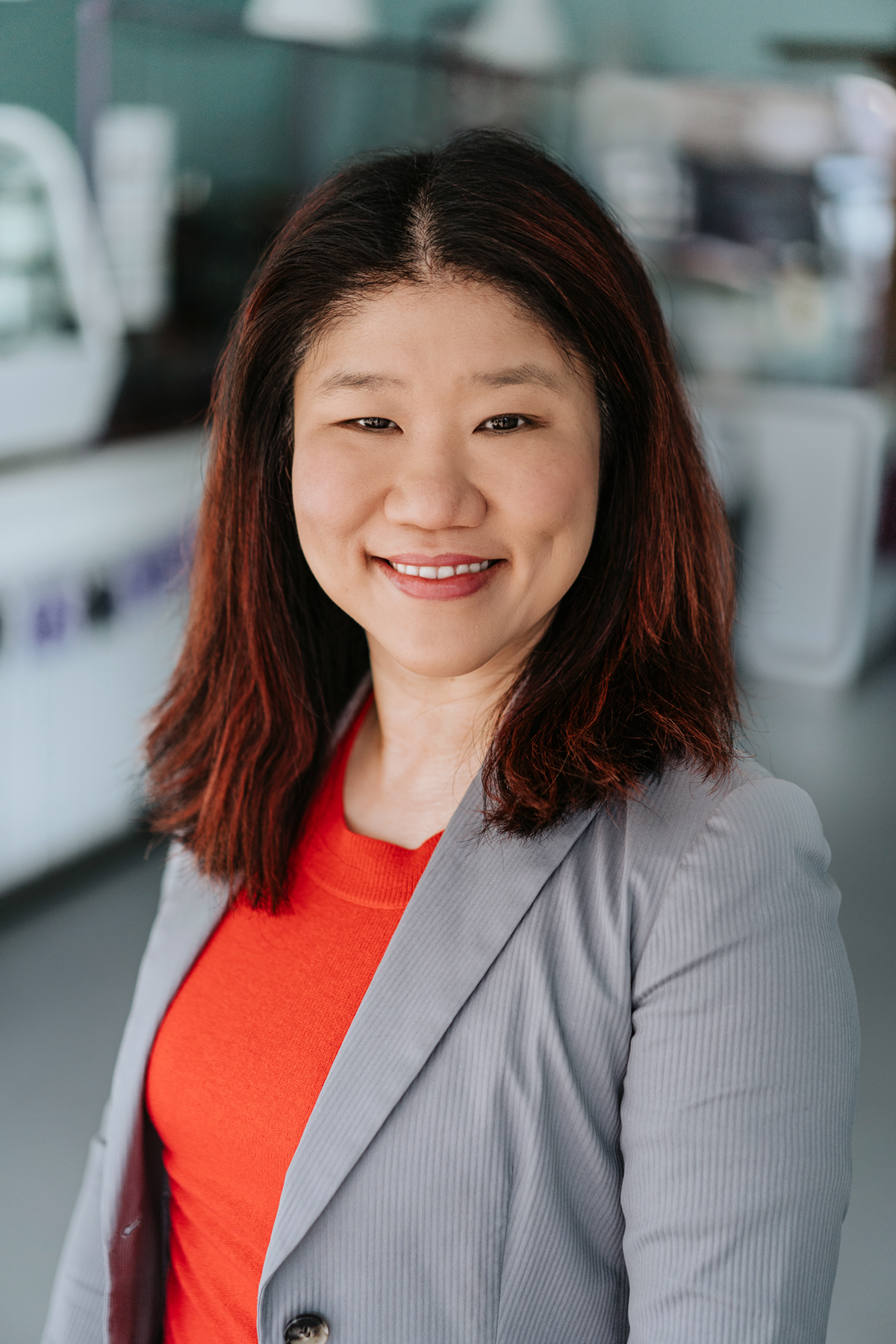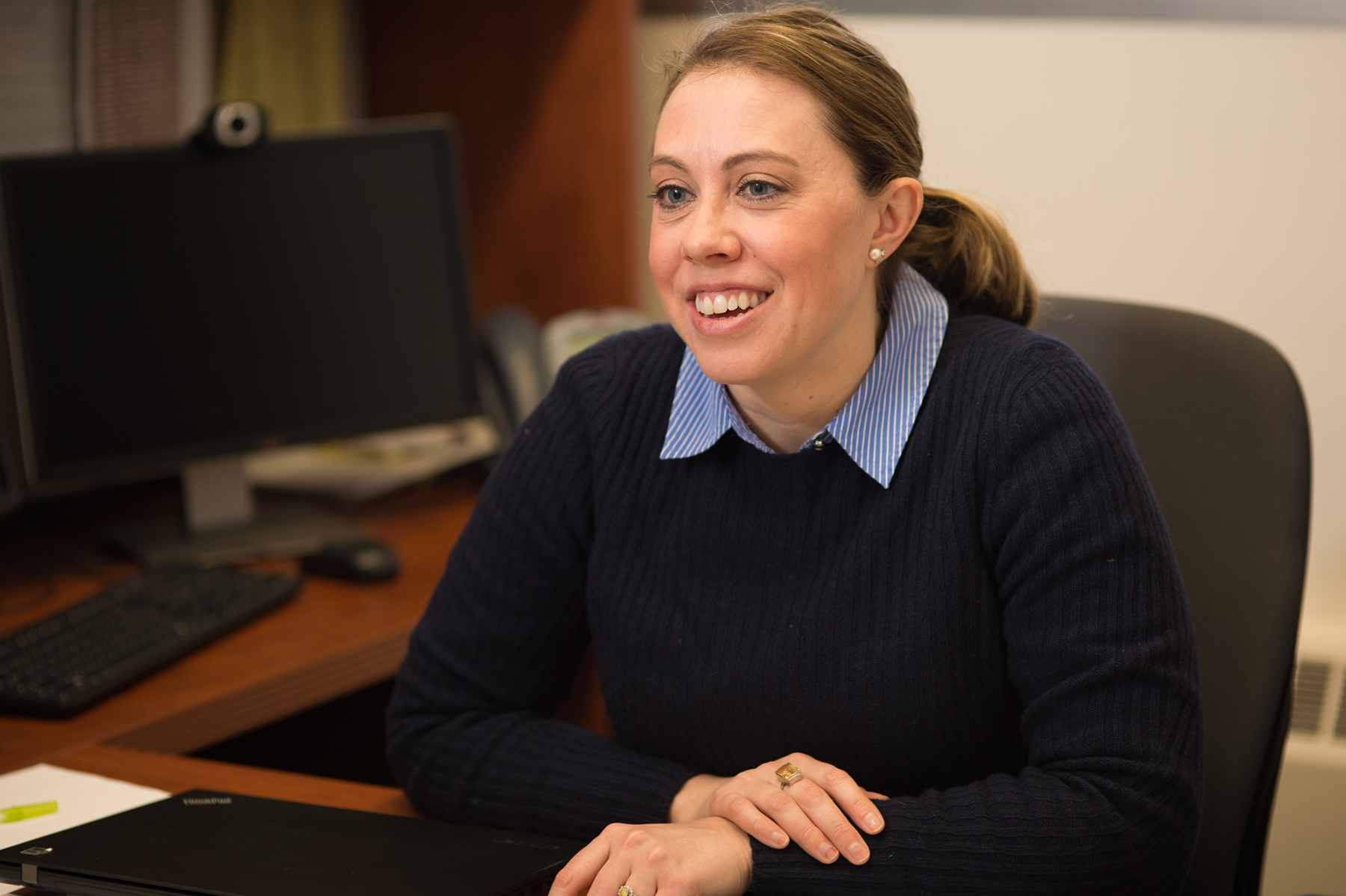The relationship between society and mobility is a two-way street.
All the ways and means by which people get around have profound impacts on how we interact with each other. At the same time, social considerations help steer the technology and infrastructure we use for transportation.
Perhaps no state understands this better than Michigan, home of the Motor City and a rich history of automotive innovation. It’s also home to Michigan State University, a premier research university helping usher in the future of mobility, which includes a shift toward smart, connected autonomous vehicles.
As MSU’s researchers drive innovation in mobility, they’re also asking the important questions about how those changes will affect society and helping people prepare for those impacts. Not only are Spartan experts leading this line of research, they’ve helped give it a name: sociomobility.
“We are the first group to use the term ‘sociomobility,’” says Peter Savolainen, an MSU Foundation Professor in the Department of Civil and Environmental Engineering. “There is a wide range of societal issues that self-driving vehicles and transportation in general come with.”
MSU, a growing data oasis
Savolainen and his colleagues at MSU are trying to get a handle on that range in a variety of ways. For one, they host a Research Experiences for Undergraduates program that brings talented, diverse students from other universities to MSU to address important sociomobility questions.
For example, what will be the environmental impact of autonomous vehicles? How will older generations perceive these vehicles compared with younger ones? And what will become of parking garages when more cars can operate without a driver, enabling the vehicles to do something that’s more useful than being parked?
Another way Spartan researchers across campus are furthering the field is by generating valuable data.
For his part, Savolainen studies road-user behavior and roadway safety. Publicly available crash data is an incredibly useful tool in this work. When it comes to autonomous vehicles, however, the data here is scant compared with collisions involving more conventional cars and trucks.
That’s because vehicles that can operate autonomously don’t yet represent a substantial portion of traffic, Savolainen said. “And some of the data we do have isn’t particularly insightful yet.”
This dearth of data is an issue across the board — not just for crashes — so MSU is helping address that. The university is home to three autonomous vehicle platforms, including a first-of-its-kind autonomous bus. As these vehicles traverse campus, they’re generating all kinds of valuable information that researchers analyze and share with the larger research community, including some about interactions with pedestrians and other drivers.
To get at other valuable insights for sociomobility, Savolainen and his team are also collaborating with the Institute for Public Policy and Social Research in the College of Social Science. The institute’s latest State of the State Survey included a couple dozen questions about driving and self-driving cars to better understand people’s experiences with autonomous vehicles.
But a lot of people aren’t sure how to feel about cars and trucks with capabilities to drive themselves, which gets back to the modest fleet penetration Savolainen mentioned. And this represents a challenge for MSU researchers who are committed to helping workers whose jobs might be most impacted by vehicles with more autonomy.
“We are trying to predict the future of a technology that is kind of there, but not quite,” said Chu-Hsiang “Daisy” Chang, a professor in the Department of Psychology. “There are a lot of uncertainties in terms of what autonomous vehicles are going to look like.”
Bracing the economy for autonomy
Chang and Elizabeth Mack, an associate professor in the Department of Geography, Environment and Spatial Sciences, are co-principal investigators on a project called Preparing the Future Workforce for the Era of Automated Vehicles, abbreviated WEAVE.
WEAVE is supported by a nearly $2.5 million grant from the National Science Foundation. The project aims to monitor workers and help them adapt in the industries that will be the first and most disrupted by autonomous vehicles, such as trucking and ride-hailing.



